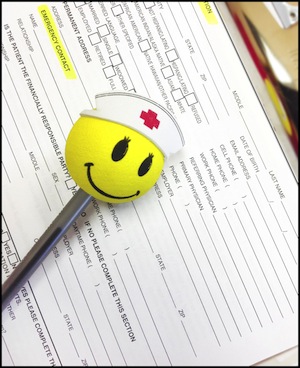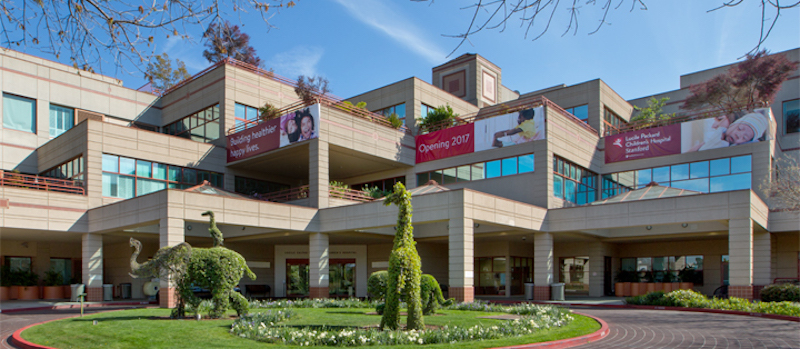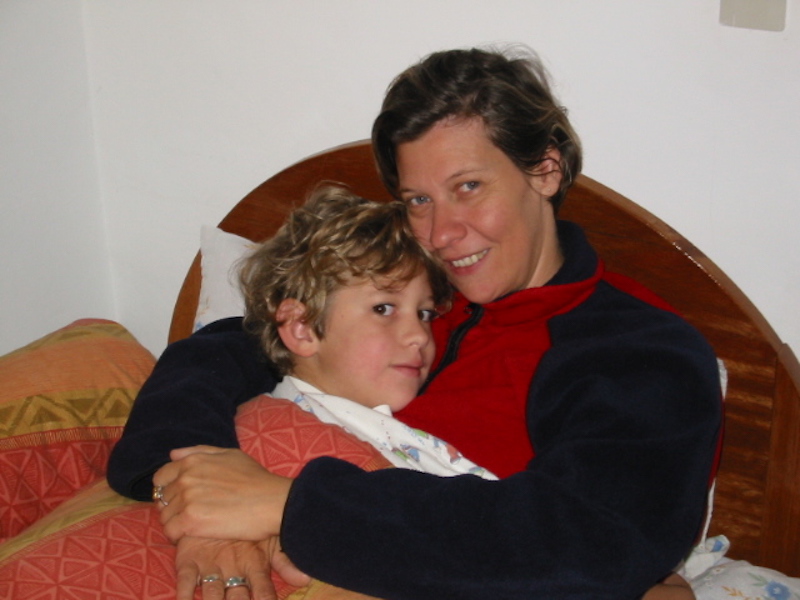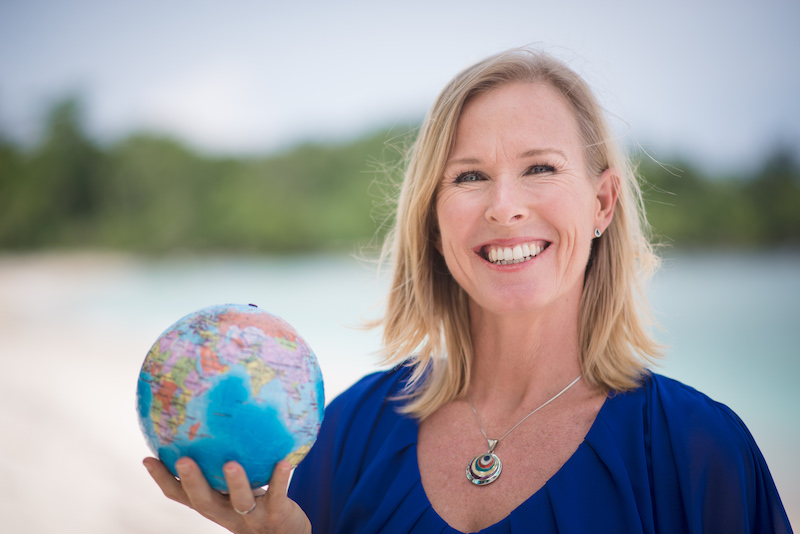
Julia Puebla Fortier is the executive director of DiversityRx, an organisation devoted to improve the accessibility and quality of health care for minority, immigrant, and indigenous communities. Julia is based in Japan, and this fascinating article deals with the difficulties of communicating about health when you do not speak the local language. Thank you Julia!
Living abroad in sickness and health: How we navigate the health care system in a foreign country
A few years ago, not long after we moved to Japan, I was in a car accident. I felt alright at first, but later thought I should go to the hospital to get checked out.
It was night and I really didn’t know what hospital to go to, so I asked the taxi driver. He dropped me off in front of the main entrance of the hospital, and as I walked in, I had to guess that the emergency department was the one with the red sign, as everything was written in Japanese.
Over the next few hours, I communicated with reception staff, triage nurse, and x-ray technician using a combination of translated forms, smartphone translation app, and calling a bilingual friend in another city to interpret over the phone. Happily, the examining doctor spoke English. And everything checked out health-wise. But overall it was a daunting and difficult experience on top of an already stressful accident situation.
 As an expat, this situation may be familiar to many of you. In fact, as a health services researcher who studies how immigrants access health care, it was familiar to me too. But mostly from an academic perspective. Despite living in three different countries, this was the first time I’d had to navigate a health encounter where I didn’t speak the local language.
As an expat, this situation may be familiar to many of you. In fact, as a health services researcher who studies how immigrants access health care, it was familiar to me too. But mostly from an academic perspective. Despite living in three different countries, this was the first time I’d had to navigate a health encounter where I didn’t speak the local language.
I suspected I was not alone in this dilemma. Japan has an excellent health care system, but it is mostly not adapted to the needs of foreigners.
Collaborating with researchers at Osaka University, I decided to find out more about how foreigners experience the health system in Japan. We conducted a national survey in which over 500 foreign residents and visitors to Japan reported on their experience accessing care, interacting with health care providers, and coping with cultural and linguistic barriers. You can read the report here.
Most respondents reported a high level of respect from Japanese medical staff, but also described many challenges to getting the health care they needed, For example;
- 57% of respondents said they delayed getting care because of language or cultural difficulties
- 60% said they needed an interpreter sometimes or chose an English speaking doctor
- 80% of those who needed an interpreter but didn’t have one said it may have negatively affected the quality of care
- 55% of respondents said the doctor did not give clear explanations of their condition and treatment
- 58% of respondents said their questions or concerns were not completely addressed by the doctor
Here are some quotes from participants of the survey:
“I had complications after major surgery and no translator was there to explain what happened and my translator was not there because visiting hours were over and they were made to leave.”
“Asking questions and getting answers [about my baby’s condition] was very difficult and they usually answered with, “you do not have to worry, I am taking care or him, you can trust me.” This was often frustrating because I did feel like I could trust him, I just wanted to know what was going on and what they were doing about it. I finally called specialists at hospitals in the States and described the situation and asked what they thought might be going on just to get some information I could understand.”
Communication is key to getting good health care. We need to be able to describe our symptoms, provide a medical history and medication allergy information, understand the doctor’s diagnosis, ask questions about the treatment plan, and be clear about medication instructions.
Trust is another key element of good health care. We need to feel comfortable and understood by the doctor. We need respect for cultural or religious beliefs that may influence how we think about health and illness. If being an active participant in our health care is important, we will want a doctor that feels comfortable with questions and negotiating treatment options. Or we may just want to turn everything over to them, or to our family members, and not be involved in the decision-making.
Our Japan study was a success, and we are presenting our findings to health care, government and business leaders. Now we’d like to learn more about how globally mobile people around the world get health care, and what challenges they may face. If you live outside your home country and you have received health services abroad, please fill out our new survey. Your responses can help us develop recommendations for policymakers, health care providers, and companies that employ foreigners.
Julia Puebla Fortier
DiversityXr
Japan
July 2016




